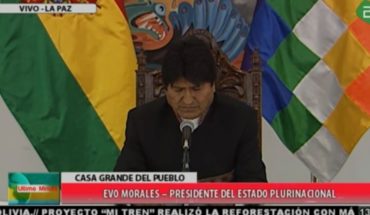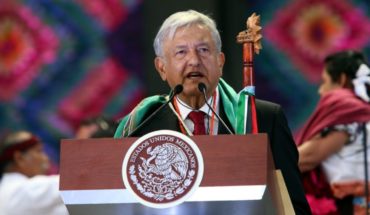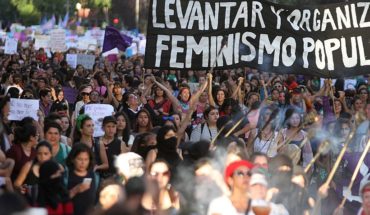
Mr. Director:
As proponents of the Rio Submarino Sur-Norte Chile (Aquatacama) project, we cannot agree with the Letter published by Pablo García-Chevesich which, specifically at point five states that, “the controversial water road is not ecologically viable and also does not solve the underwater problem, as it is an irrigation project, and these volumes can be obtained from the sea locally through sustainable desalination”.
In this statement the author expresses only opinions, without any scientific basis. It also seems to me that it is putting in the same sack both the land project of the Reguemos Chile Corporation and our underwater project which is radically different.
The Submarine River uses the concept of water availability at the mouth of a river: difference (A-B) between (A) actual physical flow and (B) ecological flow required downstream, concept of which the Corfo/UCh Studio of June 2019, gives a first approximation of 1000 m3/s from Valparaíso to Puerto Montt, mainly in four rivers: Maule, Biobío, Imperial and Toltén. Considering the likely decrease in the flow of these Southern rivers due to Climate Change, such availability would still be much higher than north-level demand for all uses: human, industrial and agricultural.
We refer to two studies by the Professor of the University of Chile, Fernando Santibáñez, which reach conclusions radically opposed to what Pablo García-Chevesich said. They claim that desalination: it is not sustainable, confirming what many other scientific studies have been saying for decades; and is not affordable for agriculture both by volume and price. Desalination also cannot solve Chile’s agricultural problem. Even if it could accept its negative externalities to meet human and/or mining demands, as is already done.
If we integrate in the agricultural field the loss of profit of Chile that does not fully utilize its full potential, no other alternative solution can also solve this problem, such as the efficiency of irrigation, the reuse of sewage, or so many others that represent only a small fraction of the water needs required by the country’s growth to reach its full development potential, in all its sectors (urban, industrial/mining, and particularly agricultural). However, these other solutions can be a palliative that should be applied in all ways.
Our project offers comprehensive connectivity of all your water resources from north to south; not only for existing agriculture but also and, above all, for expansion into supplementary hectares, as allowed by agronomic, meteorological, human and organizational capitals existing from Arica to Valparaiso (CNR/U. Study of Chile, September 2013); in addition to contributing to the well-being of about 80% of chile’s population and to boosting the economic development of their local communities.
Felix Bogliolo
Founder and CEO of Via Marina





